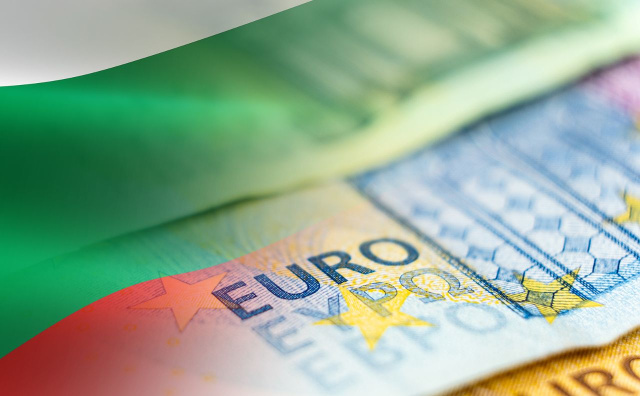Bulgaria is about to enter a new phase in its financial integration with Europe. By joining the eurozone, the Bulgarian National Bank (BNB) will take its place among the most influential institutions in European finance. This shift raises key questions: how much influence will Bulgaria have on decisions affecting the continent, what costs are involved, and who will oversee Bulgarian banks under the new system?
From the ESCB to the Eurosystem
Understanding Bulgaria’s new position requires distinguishing two related structures:
European System of Central Banks (ESCB): Includes the European Central Bank (ECB) and the central banks of all 27 EU countries. Bulgaria has been part of this framework since joining the EU in 2007.
Eurosystem: A narrower, more powerful group consisting of the ECB and only those national central banks of countries using the euro.
Starting January 1, 2026, Bulgaria will transition from the broad ESCB circle to the Eurosystem. This means the BNB will participate directly in shaping eurozone monetary policy, from setting interest rates to managing extensive foreign exchange reserves, all aimed at maintaining price stability and controlling inflation.
Decision-Making and Bulgaria’s Role
The primary decision-making body is the ECB’s Governing Council. With euro adoption, the BNB Governor becomes a full member with voting rights on monetary policy matters. Voting is distributed on a rotational basis: five major economies—Germany, France, Italy, Spain, and the Netherlands—share four votes, while all other eurozone countries, including Bulgaria, share 11 votes. Historical data from the ECB shows this system ensures fair participation: first-group governors vote about 80% of the time, second-group governors nearly 70%.
The General Council, which Bulgaria has joined since 2007, functions mainly in a preparatory and advisory role and will dissolve once all EU members adopt the euro. The focus shifts to the far more influential Governing Council with full eurozone participation.
Financial Commitments
Becoming a full Eurosystem member carries financial responsibilities.
Contribution to ECB Capital:
Previously, as a non-euro EU member, the BNB paid only 3.75% of its ECB capital share, approximately €3.971 million.
Upon euro adoption, Bulgaria will complete its payment of €101.930 million.
In return, the BNB becomes entitled to a share of ECB profits, previously unavailable to it.
Transfer of Foreign Exchange Reserves:
About €1.280 billion of BNB reserves will be transferred to ECB reserves.
These assets are not lost; they remain claims of the BNB within the ECB system and help ensure liquidity for eurozone operations. The BNB will still manage substantial reserve assets independently.
Bank Supervision
Since October 1, 2020, Bulgaria has participated in the Single Supervisory Mechanism (SSM), establishing close cooperation with the ECB. This changes how banks in Bulgaria are monitored:
The ECB directly supervises the largest and systemically significant banks, including inspections, stress tests, and management evaluations.
The BNB continues to oversee smaller banks but within ECB guidelines and methodologies.
Licensing decisions are now shared: the BNB conducts the initial assessment, while the ECB takes the final decision to issue or revoke a license.
This integrated supervision ensures uniform, high standards across all eurozone banks, enhancing the stability and security of Bulgaria’s financial system while aligning it with European norms.
